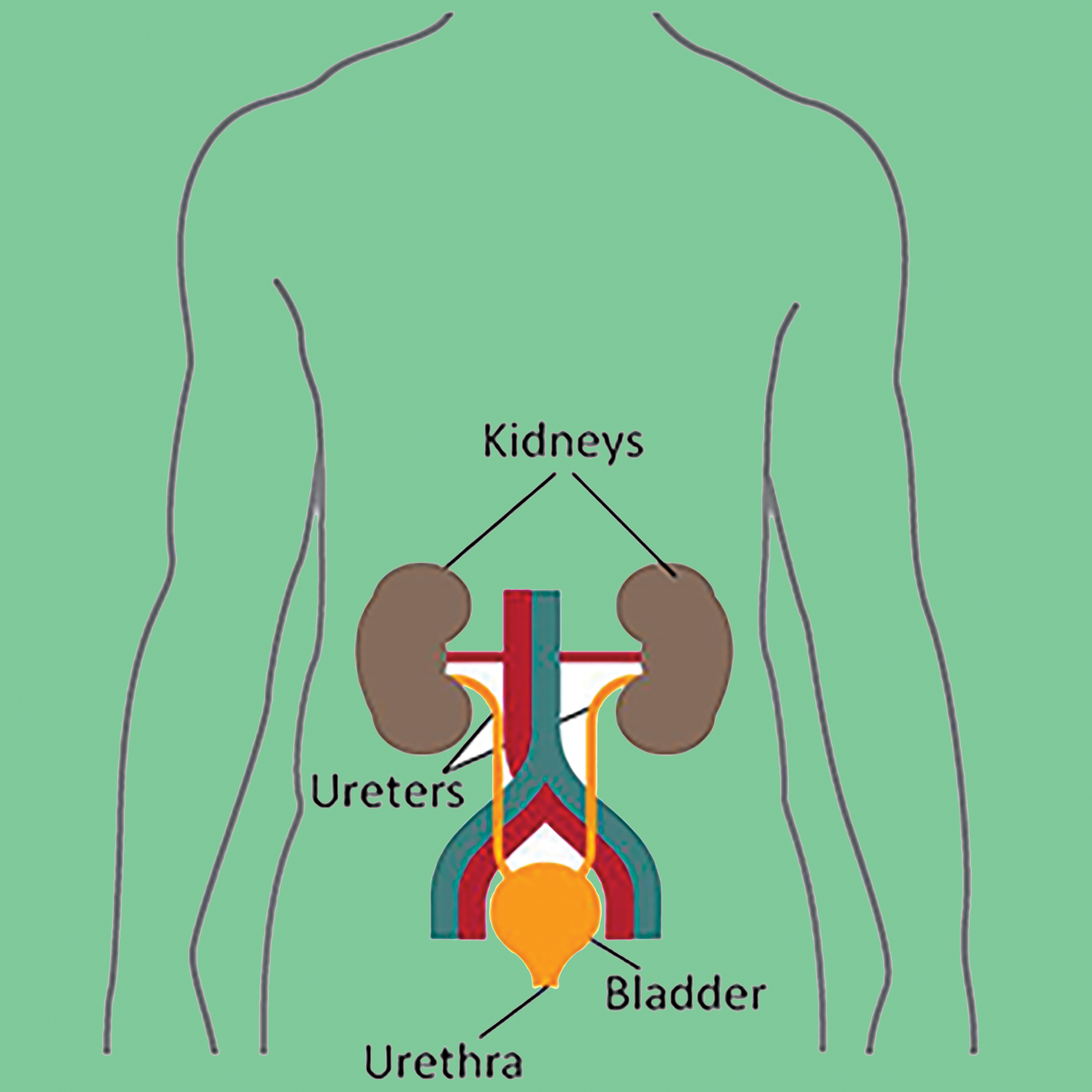Adequate water intake is just one of the ways in which you can protect yourself from kidney disease. Diabetic and hypertension patients are more at risk
Here is what Alonzo Mourning, American basketball pro said, “If I would have listened to other people back in 2000 telling me I should have stopped playing basketball because of a kidney disease, I wouldn’t have won a world championship.” So while ailing kidneys might seem like a huge problem, there are treatments available and one doesn’t have to lead a reduced life or scotch one’s ambitions because of it.
First, let’s see what the kidneys’ functions are. They receive blood through the renal artery, excrete waste products and excess water through a structure called nephrons into the bladder. When this organ becomes dysfunctional, urea and cretinine begin to accumulate in the blood. If urea accumulates, brain damage may be the outcome.
A lot can be done to prevent the disease — it’s all in your hands. Here are some tips from Dr Manoj Arora, Senior Consultant, Department of Nephrology, Fortis Hospital, Shalimar Bagh. “To protect oneself against the onset of any kidney related ailment one must ensure one is drinking adequate amounts of water, maintaining sodium intake, balancing vitamin D and leading an active lifestyle,” he says. “Kidney disease mainly occurs due to diabetes and hypertension which increases due to a sedentary lifestyle that has been embraced by many. Junk food, processed food and build-up of glucose in the blood are the main contributors of kidney diseases. This can only be curbed by making sustainable long-term lifestyle changes.”
Does he advise drinking eight glasses of water per day, which is the common wisdom? He does, but says this rule “is not set in stone.” In fact, in cases of kidney failure, restriction of water is required if fluid overload is present. “Too much water leads to a condition called hyponatremia —wherein the sodium levels in the blood is diluted, causing the person to feel weak and dizzy,” he points out. In fact, our bodies must produce 1.5 litres of urine per day, and you know you are inadequately hydrated when the colour is dark yellow.
These are Dr Arora’s Don’ts:
– Overusing Painkillers
– Abusing the salt shaker
– Not drinking enough water
– Missing out on sleep
– Eating too much meat
– Smoking and consuming alcohol
– Diabetic and hypertension patients not checking kidney function routinely
He cautions against smoking, which also damages lungs and arteries in multiple ways:
– Increases blood pressure and heart rate
– Reduces blood flow in the kidneys
– Increases production of angiotensin II (a hormone produced in kidney)
– Narrows the blood vessels in the kidneys
– Damages arterioles (branches of arteries)
– Forms arteriosclerosis (thickening and hardening of the renal arteries)
As for alcohol, it is also an enemy of kidneys in multiple ways. It dehydrates the organ, making it difficult for the kidney to remove waste from the blood. It can also lead to high blood pressure and liver disease, causing the kidneys to malfunction.
And then there is junk food, aptly named. Processed and junk foods cause a buildup of glucose in the blood. When the blood is unable to produce enough insulin to neutralise the same, it can lead to obesity and type 2 diabetes which in turn may damage the kidneys. Of course, there is no harm in having such food once in a while — it should not be a habit.
As for the cures, there are many. If one kidney is damaged beyond repair, it can be transplanted, and the donor can manage with just one instead of two. Dialysis may be prescribed, in which the blood is passed through an external membrane and then flowed back into the body, as often as three times a week in the worst cases. Pain medication may be given to deal with the discomforts.
Dr Reshma is an advocate of wellness, prevention and holistic health. Instagram handle: dr.reshmakhattarbhagat





